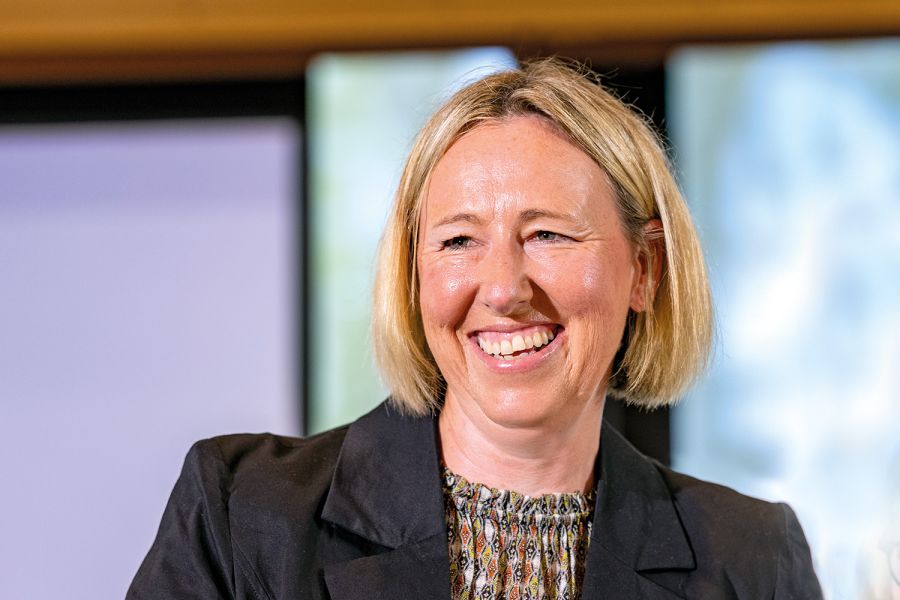St Andrew's Structured Literacy journey begins
1 August 2025

REGULUS // ISSUE 2 // AUGUST 2025
The way children are taught to read and write is changing, with all New Zealand primary schools expected to implement structured literacy as a mandatory part of their literacy programme from 2026.
Preparatory School Deputy Principal (Well-being) and Head of Education, Vicki Pettit, says this "highly explicit, systematic, evidence-based approach" to teaching literacy skills has already been in place in the Junior School for around four years, and is being extended to the Years 4 to 8 classes following the government mandate.
“At the end of last year, we surveyed our teachers about their priorities for professional development, and the overwhelming response was literacy needed to be our focus,” says Vicki. “Throughout this year, our teaching staff have engaged in intensive professional development with Literacy Connections, the same company which worked closely with our Junior School teachers. Our Years 4 to 8 team has already begun incorporating key learnings into their classrooms in preparation for next year.”
Structured literacy strongly links reading and writing instruction, with benefits of this already proven in the Junior School.
“As our five-year-olds learn letter sounds and names, they are also practising letter formation and the basics of writing, which connects directly to reading decodable books. Students learn the important components of literacy from the earliest stage and will continue to build on their foundation skills in vocabulary, comprehension, and writing as they move through the Preparatory School.”
The approach is designed to benefit all learners, stretching the skills of advanced readers while providing essential support for students with dyslexia or other reading challenges. These students are already supported at St Andrew’s in small group sessions which focus on systematic instruction in phonological awareness, decoding, spelling, and comprehension strategies, shares Vicki.
“The systematic approach takes away assumptions which might have been made in the past about every student’s understanding of seemingly simple concepts. No one gets left behind.”
Vicki, and Deputy Principal of Preparatory School (Operations), Alex Kelley, attended the Structured Literacy Workshops in Terms 1 and 2, joining the teaching staff in building their knowledge and confidence.
“It was great to be able to do that, as it opened discussions with our teachers, and showed us where the gaps were in our own learning,” says Vicki.
Professional Learning Groups made up of teachers from Years 1–8 continue to share resources, teaching slides, and experiences to support each other in embedding structured literacy into their classrooms.
“It’s been invaluable to have the Junior School teachers’ expertise as a resource, given their considerable experience delivering this approach,” Vicki adds.
When structured literacy is fully implemented in 2026, Vicki says teachers will use an "I do, we do, you do" model to scaffold the learning.
“Teachers will demonstrate concepts, then classes and groups will work on lots of examples together before students practise independently once they feel confident,” she says. “This approach ensures students are supported every step of the way.
Related Posts


